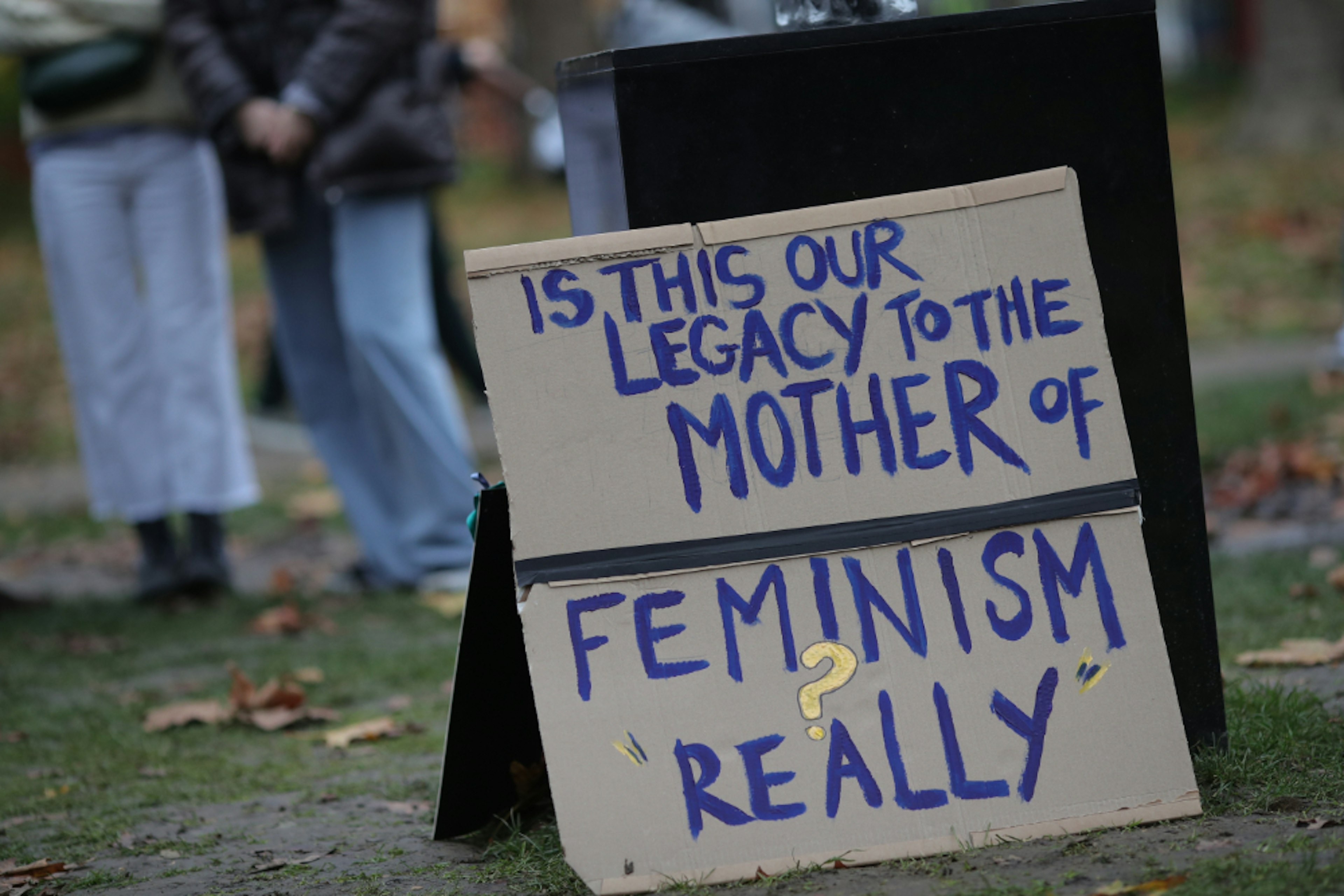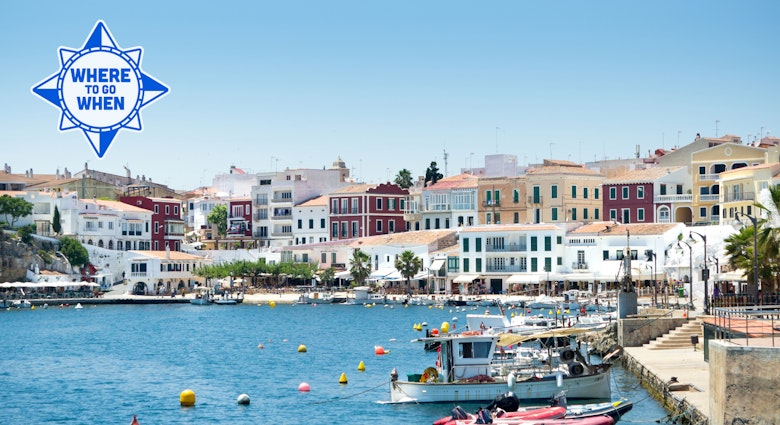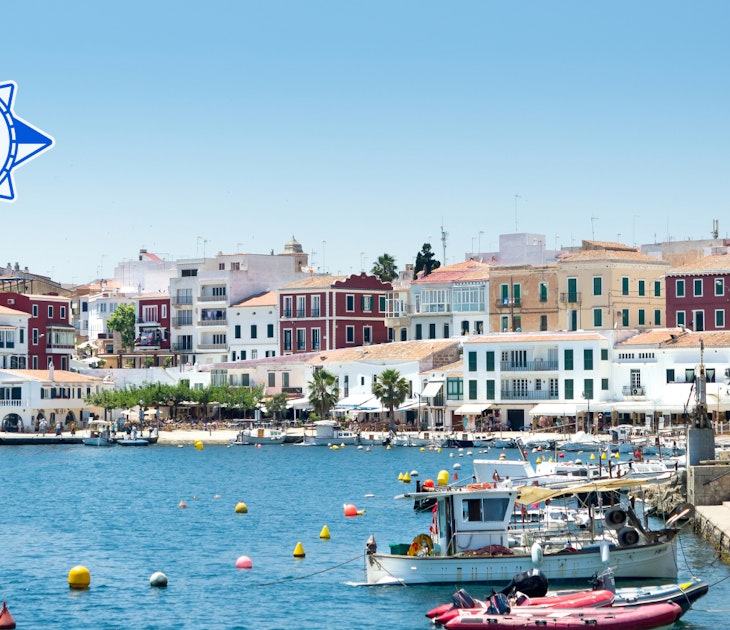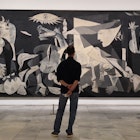
Pioneering feminist Mary Wollstonecraft gets a statue - but not everyone’s enthused
Nov 12, 2020 • 2 min read

The artwork is cast in silvered bronze and features a naked figure © Aaron Chown/PA Images via Getty Images
A statue honoring the life of 18th-century English writer, philosopher and feminist Mary Wollstonecraft has been unveiled in London's Newington Green, but the sculpture by British artist, Maggi Hambling, has received some criticism.
Wollstonecraft is author of the seminal text, A Vindication of the Rights of Woman, and she died in 1797 aged 38, just 11 days after giving birth to her second daughter, Mary Shelley, author of Frankenstein. The artwork is cast in silvered bronze and features a naked figure held aloft by other female forms, but the figure doesn't directly depict Wollstonecraft, which is why the criticism has ensued. Aside from online criticism and media analysis, protest banners and messages have been left at the base of the artwork.

The statue is the result of ten years of fundraising by the Mary on the Green campaign, which raised £143,000 ($188,723) for the artwork. It did so because it says that 90% of London's statues commemorate men, "leaving many incredible women uncelebrated and ignored." "Our statues send a powerful message about what matters to us - and implicitly about what doesn't," it said. However, many people have publicly taken issue with the fact that the artwork is not a likeness to Wollstonescraft, but instead depicts a naked woman, which has been described by the sculptor as depicting 'everywoman'.
Author Caroline Criado Perez described the artwork as "a colossal waste. So so disappointing," while Caitlin Moran tweeted images of other statues from around the world. "Obviously it's not rigorous science, but my timeline does seem to be showing that the statues of women other women love best show them looking real, DOING something, wearing clothes and radiating power, intellect, defiance and joy," she tweeted.

While many felt the artwork was a missed opportunity, sculptor Maggi Hambling defended it to the Evening Standard, saying critics had confused Wollstonecraft with the figure depicted in the artwork. “The point is that she has to be naked because clothes define people," she said. "We all know that clothes are limiting and she is everywoman. As far as I know, she’s more or less the shape we’d all like to be. She’s everywoman and clothes would have restricted her."
"Statues in historic costume look like they belong to history because of their clothes," she added. "It’s crucial that she is ‘now.’ The whole sculpture is called ‘for Mary Wollstonecraft’ and that’s crucially important. It’s not an idea ‘of’ Mary Wollstonecraft naked - the sculpture is for now.”
You might also like:
This whale tail sculpture saved a train that went off the rails
This famous Italian relic has been confirmed as Europe's oldest wooden sculpture
Brazil's Christ the Redeemer statue lights up with the flags of countries hit by coronavirus
Explore related stories



 HistoryIan McKellen and other celebrities campaign for Tolkien’s home to become a creative center
HistoryIan McKellen and other celebrities campaign for Tolkien’s home to become a creative centerDec 4, 2020 • 1 min read



 HistoryThe mystery of where Stonehenge’s iconic sarsen stones came from has been solved
HistoryThe mystery of where Stonehenge’s iconic sarsen stones came from has been solvedAug 3, 2020 • 2 min read










